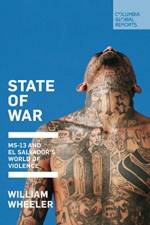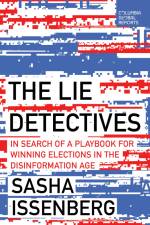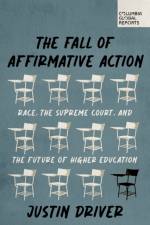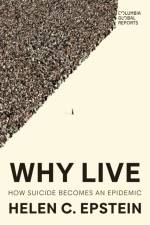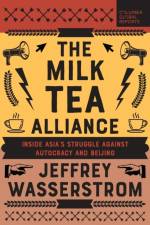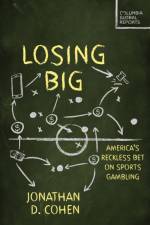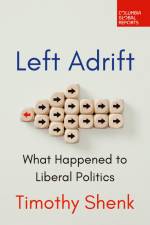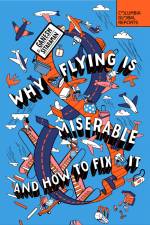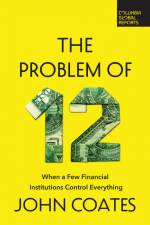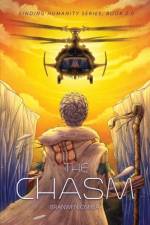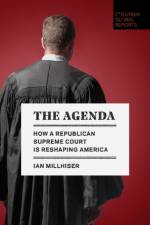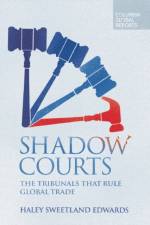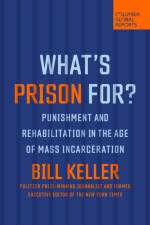av Ian Millhiser
171
What will a conservative Supreme Court do with its power? From 2011, when Republicans gained control of the House of Representatives, until the present, Congress enacted hardly any major legislation outside of the tax law President Trump signed in 2017. In the same period, the Supreme Court dismantled much of America's campaign finance law, severely weakened the Voting Rights Act, permitted states to opt-out of the Affordable Care Act's Medicaid expansion, weakened laws protecting against age discimination and sexual and racial harassment, and held that every state must permit same-sex couples to marry. This powerful unelected body, now controlled by six very conservative Republicans, has and will become the locus of policymaking in the United States.Ian Millhiser, Vox's Supreme Court correspondent, tells the story of what those six justices are likely to do with their power. It is true that the right to abortion is in its final days, as is affirmative action. But Millhiser shows that it is in the most arcane decisions that the Court will fundamentally reshape America, transforming it into something far less democratic, by attacking voting rights, dismantling and vetoing the federal administrative state, ignoring the separation of church and state, and putting corporations above the law. The Agenda exposes a radically altered Supreme Court whose powers extend far beyond transforming any individual right¿its agenda is to shape the very nature of America's government, redefining who gets to have legal rights, who is beyond the reach of the law, and who chooses the people who make our laws. "Ian Millhiser offers a perfect short read for a key moment in U.S. constitutional history." ¿The Guardian"A cogent, timely warning about the fragility of American democracy." ¿Kirkus Reviews

